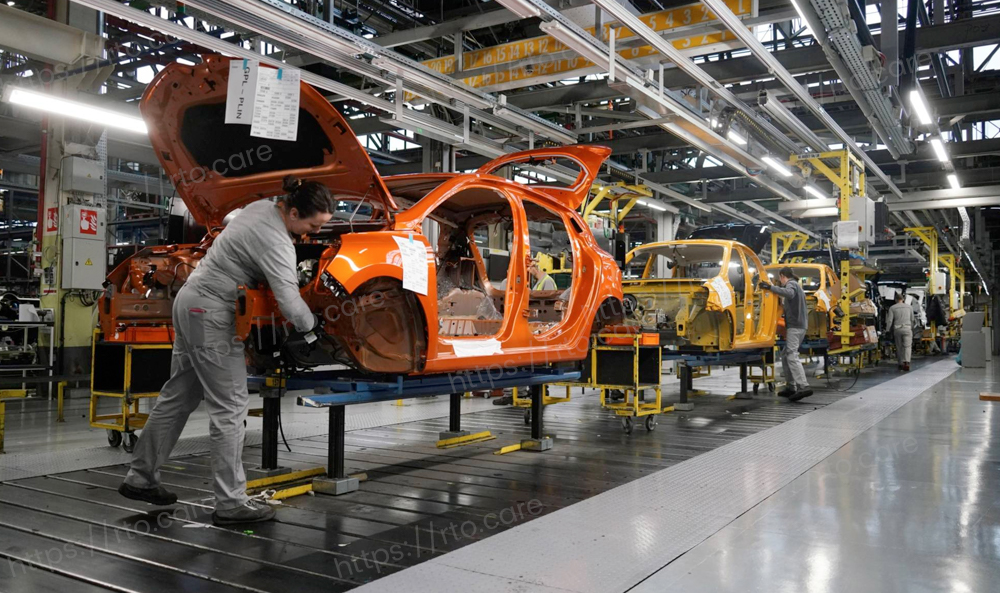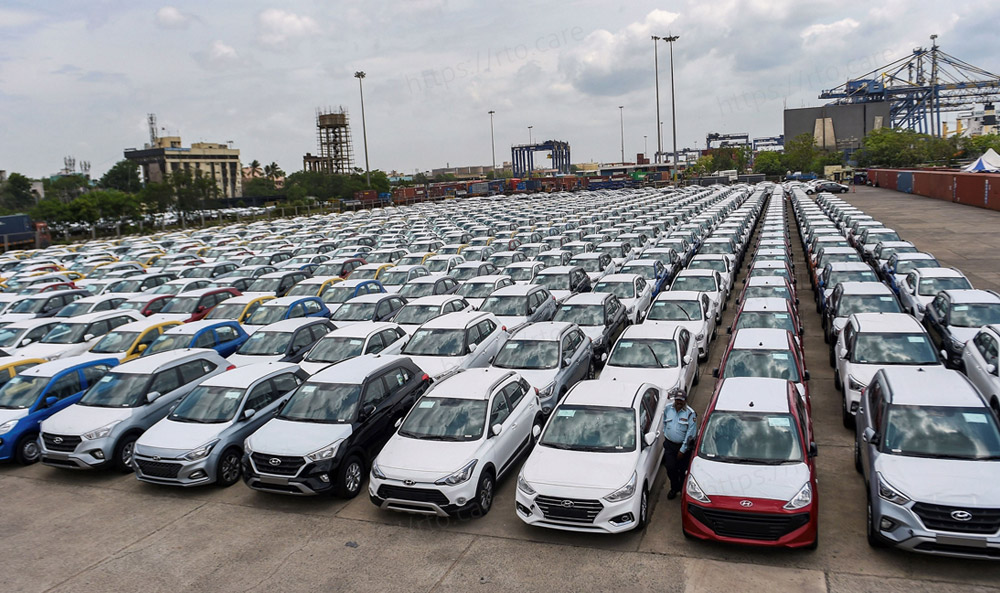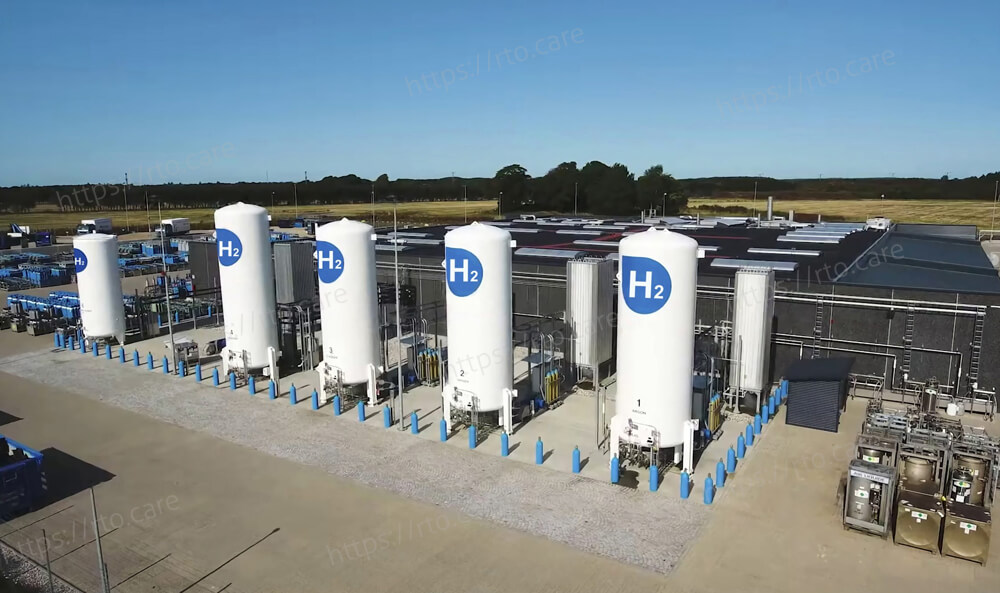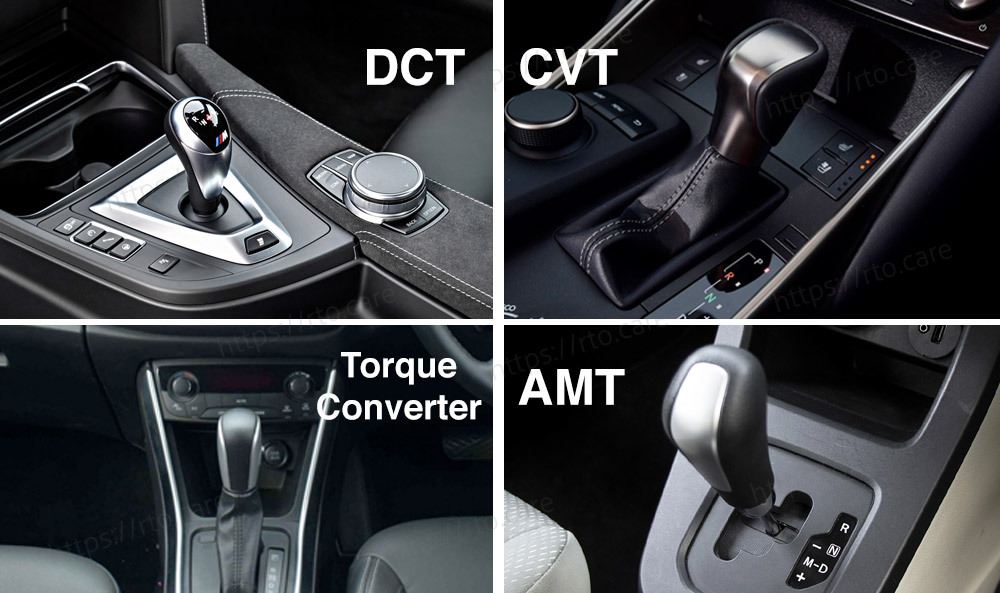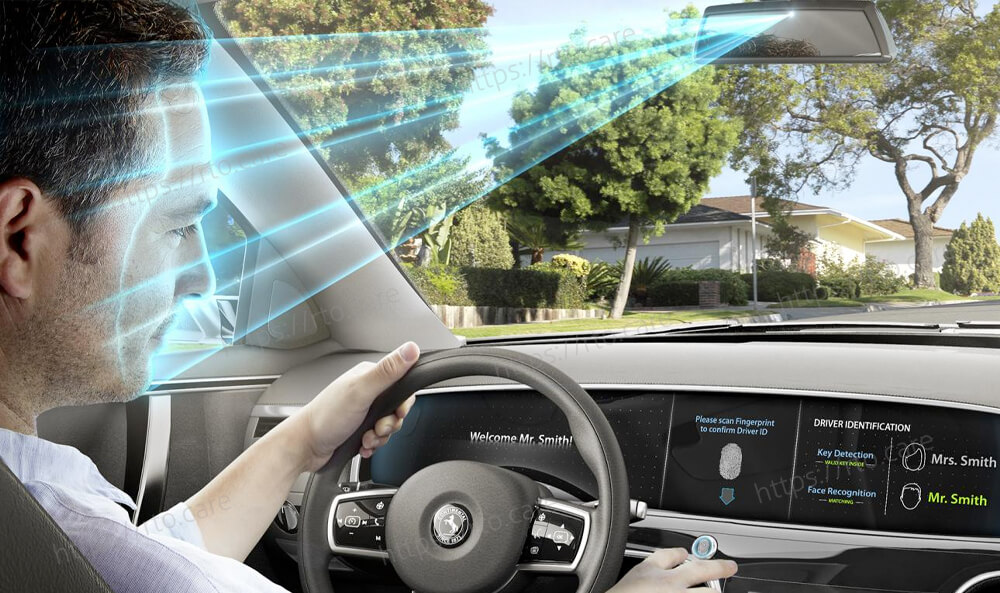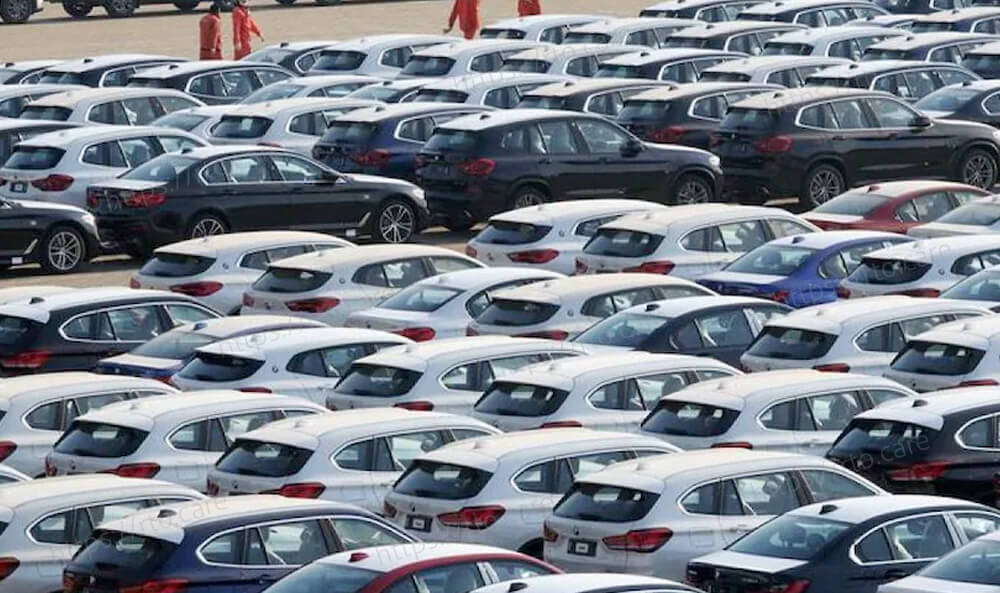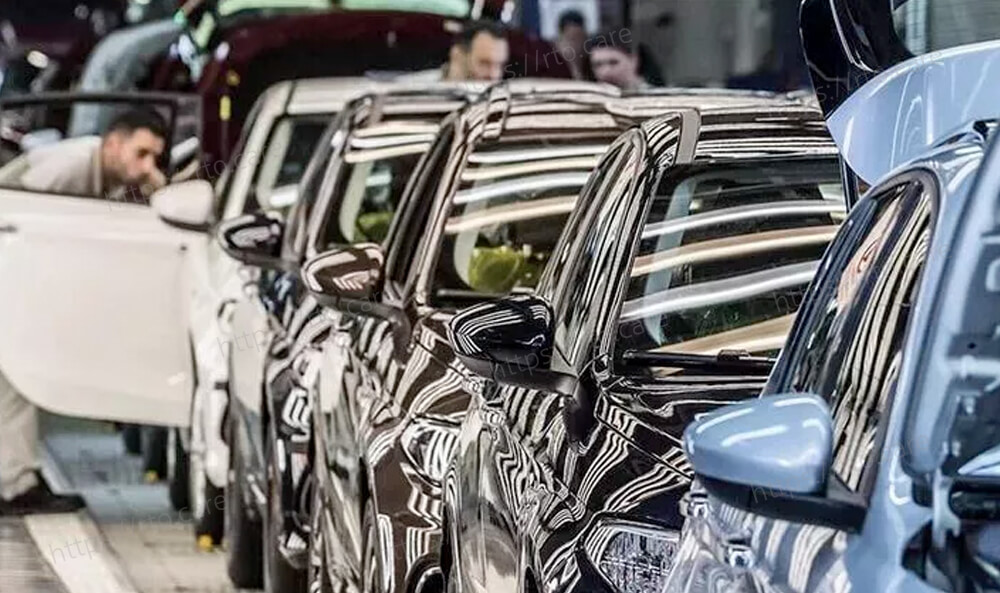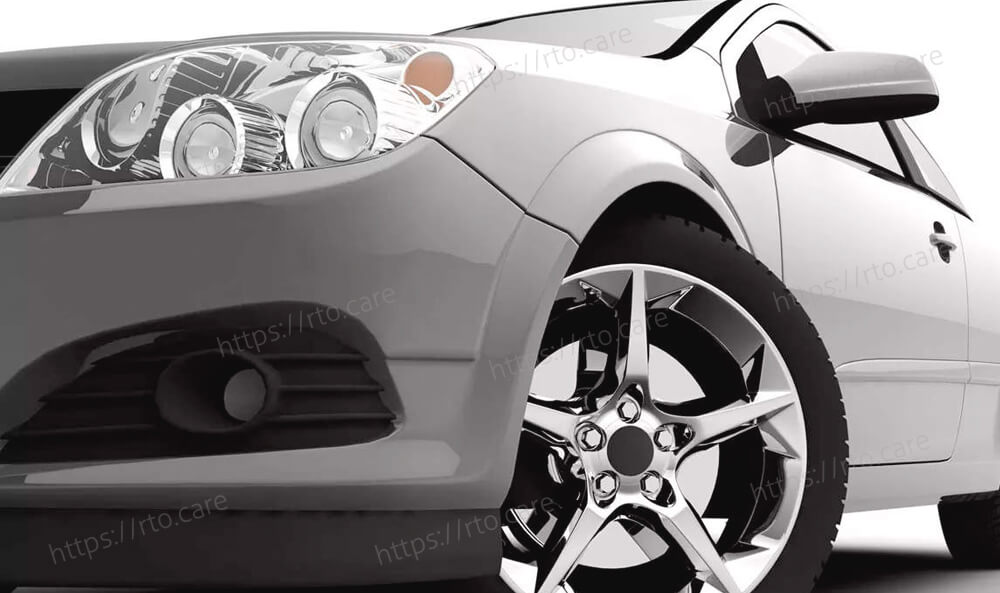Automatic emergency braking can reduce pickup truck collisions by more than 40% and rear-end car crashes by half, according to two recent US studies.
Both of the studies that were published on Tuesday one by government-auto cooperation and the other by the insurance sector used crash data to arrive at their conclusions. If a collision is about to happen, automatic emergency braking can stop the cars or slow them down to lessen the impact.
A voluntary agreement between 20 companies to include the braking technology as standard equipment on 95% of their light-duty models during the current model year, which ends in August, is being considered by some automakers.
The National Highway Traffic Safety Administration's 12 million police-reported crashes from 13 states were compared in a study by The Partnership for Analytics Research in Traffic Safety, the partnership said in a statement Tuesday. The team researched emergency braking and forward collision warnings.
The Insurance Institute for Highway Safety found in other research that automated emergency braking lowers the rate of rear collisions for pickup trucks by 43% and the rate of rear-end injury crashes by 42%. Despite posing a greater risk to other road users than cars or SUVs, pickup trucks are less likely to have automatic brakes, according to the IIHS.
One out of every five passenger cars on US highways is a pickup, and Jessica Cicchino, vice president of research at the institute, said in a statement that individuals in smaller vehicles or on foot may find them risky due to their size.
This year, Mitsubishi, Ford, Mercedes-Benz, Stellantis (previously Fiat Chrysler), Volkswagen, and Honda submitted paperwork to the authorities claiming that at least 90% of their cars now come standard with emergency braking.
At the conclusion of the 2022 model year, General Motors claimed that only 73% of its cars featured the technology, but a spokeswoman predicted that GM will reach the 90% objective by the end of the current model year. According to the IIHS, BMW, Hyundai, Mazda, Subaru, Tesla, Toyota, and Volvo also achieved 90% last year.

